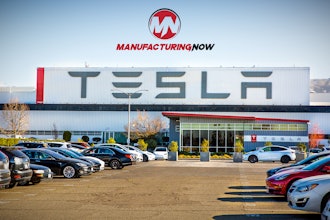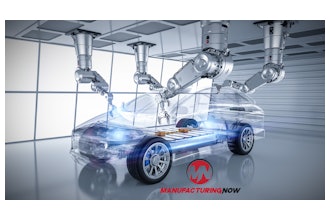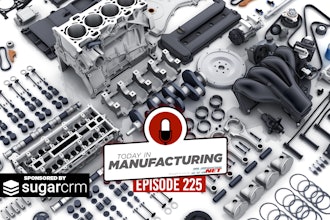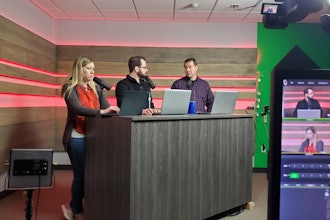The economy has been the subject of much debate so far this year, with expectations suggesting we could be experiencing anything from a full-blown recession to a minor blip on the radar. This uncertainty has left industrial businesses with some challenges: how do they prepare for a murky business climate?
I recently spoke with Chris Chidzik, the principal economist for the Association for Manufacturing Technology (AMT). AMT focuses on supporting manufacturers with vital information on technological developments and developing winning business models. It also produces the monthly U.S. Manufacturing Technology Orders Report (USMTO), which tracks key categories in the industrial marketplace.
Chidzik provided market insight as 2024 gets underway and what industrial companies can expect as we go forth.
For example, industrial companies have voiced concerns over a recession or a mild downturn in 2024, but Chidzik says things have changed.
Most Read on IEN:
- GM Reimbursing Buyers Who Overpaid for New Blazer EV
- Boom's Supersonic Jet Flies for the First Time
- Podcast: World's Largest Plane; Ford Trade Fraud; Unilever Cuts 7,500
- Lucid Motor Must Change Illegal Severance Agreements
"Toward the middle of 2023, there were a lot of fears that a recession was around the corner, but as time went on, those fears really alleviated a lot," Chidzik reassures. "There's still a good chance that [a recession] might happen, but it is way less than before."
Chidzik cites a recent Bloomberg survey in which economists say there is still a 40% chance our economy could experience a recession within the next year. Still, that is the lowest it has been since 2022.
Government investment, namely the CHIPS and Science Act, Inflation Reduction Act and the Bipartisan Infrastructure Law, have provided myriad opportunities for industrial companies; AMT has seen an uptick in manufacturing sector construction spending.
Looking at machinery order data that AMT collected for the USMTO, the end of 2023 saw a massive uptick in activity from HVAC system manufacturers. According to Chidzik, these spikes generally indicate that construction is on the rise and about to be completed. "If you're just laying a foundation, you don't need air conditioners yet," he says. More machinery will be in demand as the factories come online soon and start making things.
Chidzik admits that ongoing high interest rates could start materializing in consumer demand and, while the jobs market has been "astoundingly resilient," he is keeping an eye on it. If the jobs market were to turn suddenly, the economy could turn quickly. He stresses that the industry should watch the job market for potential supply challenge indicators. After all, if factories can't find enough employees, they won't be able to satisfy demand.





















